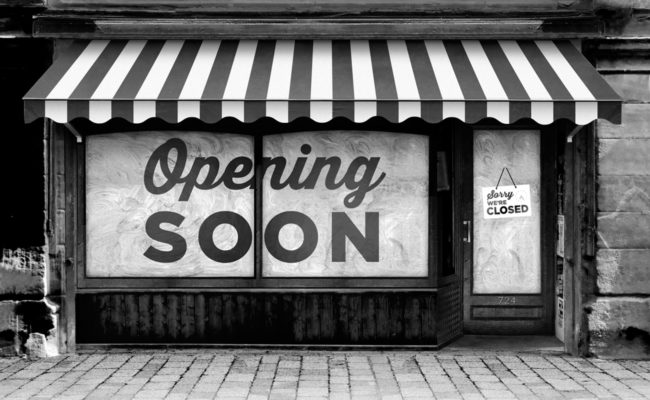In our feverish race to be the first to dine at the latest hot new restaurants, it’s easy to forget that every restaurant has a lifespan—an arc of development—that’s inevitably more awkward in its infancy. A restaurant needs time and experience to mature like a human life does. It needs to learn to stand and walk before it can run. Newborn babies are adorable, but they often throw up all over themselves.
Now more than ever amidst wage pressures, rent increases and rising food costs, the restaurant industry needs us to be a more forgiving, empathetic audience. One visit should never define our opinion about any restaurant. It’s like going out on one date with someone new and telling everyone that he or she is a bad lover when you never even kissed.
Anyone who works in hospitality will tell you that opening a new restaurant is a nightmare. The kitchen inevitably melts down, people wait too long for their food, servers order the wrong dishes, steaks come out overdone, line cooks walk out in the middle of service. None of these issues are excusable, but they happen more often in the early going.
Of course, new restaurants should do everything in their power to be ready on day one to offer great food and service. Most do. But the same food or service should be even more finely-tuned six months to a year later. Chillax, your Instagram account can wait.

Critics rush to file opinions even more compulsively than civilians do when a trendy chef breaks ground on a new project. They crawl over each other to be the first to publish reviews, often while a restaurant is still in an embryonic state. It’s easier to forgive shrewd critics than merciless foodies; at least critics have the inherent excuse that it’s their job.
But the mortality rate among newly-opened restaurants would likely be lower if critics showed more restraint by delaying their reviews until these restaurants are given time to work out the kinks. Gratuitous slandering on crowd-sourcing sites like Yelp and Trip Advisor doesn’t help matters any either. This interim period when a restaurant first opens is critical to its future. It’s the time when we should be the most patient not the most ruthless.
If you don’t feel compelled to dine at a new restaurant again because your first experience was so bad, fine. But it isn’t fair to call it terrible after only one visit. If you do decide to go back, though, try to wait at least a month before you return. Start by telling your server or a manger that you dined there when it first opened and had a disappointing experience. Lay your cards on the table. Ask the staff for recommendations and show openness to enjoying the restaurant the way it is intended not how you intend it to be.
Great restaurants will capitalize on these opportunities to win guests over. Bad ones will make the same mistakes all over again. It works the same in reverse. Your first experience at a new restaurant might be mind-altering while your second visit may be disastrous. Either way, we shouldn’t make judgements until we take the necessary time to ascertain that a restaurant is disciplined or complacent about its own excellence. It’s impossible make this calculation fairly after just one meal.

